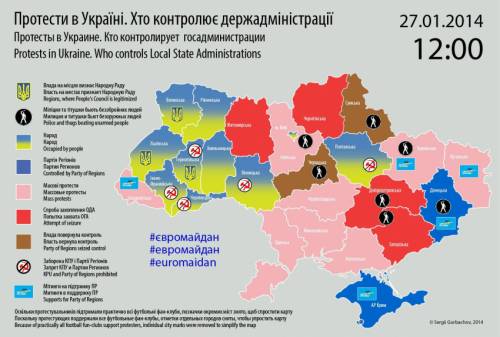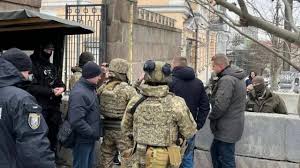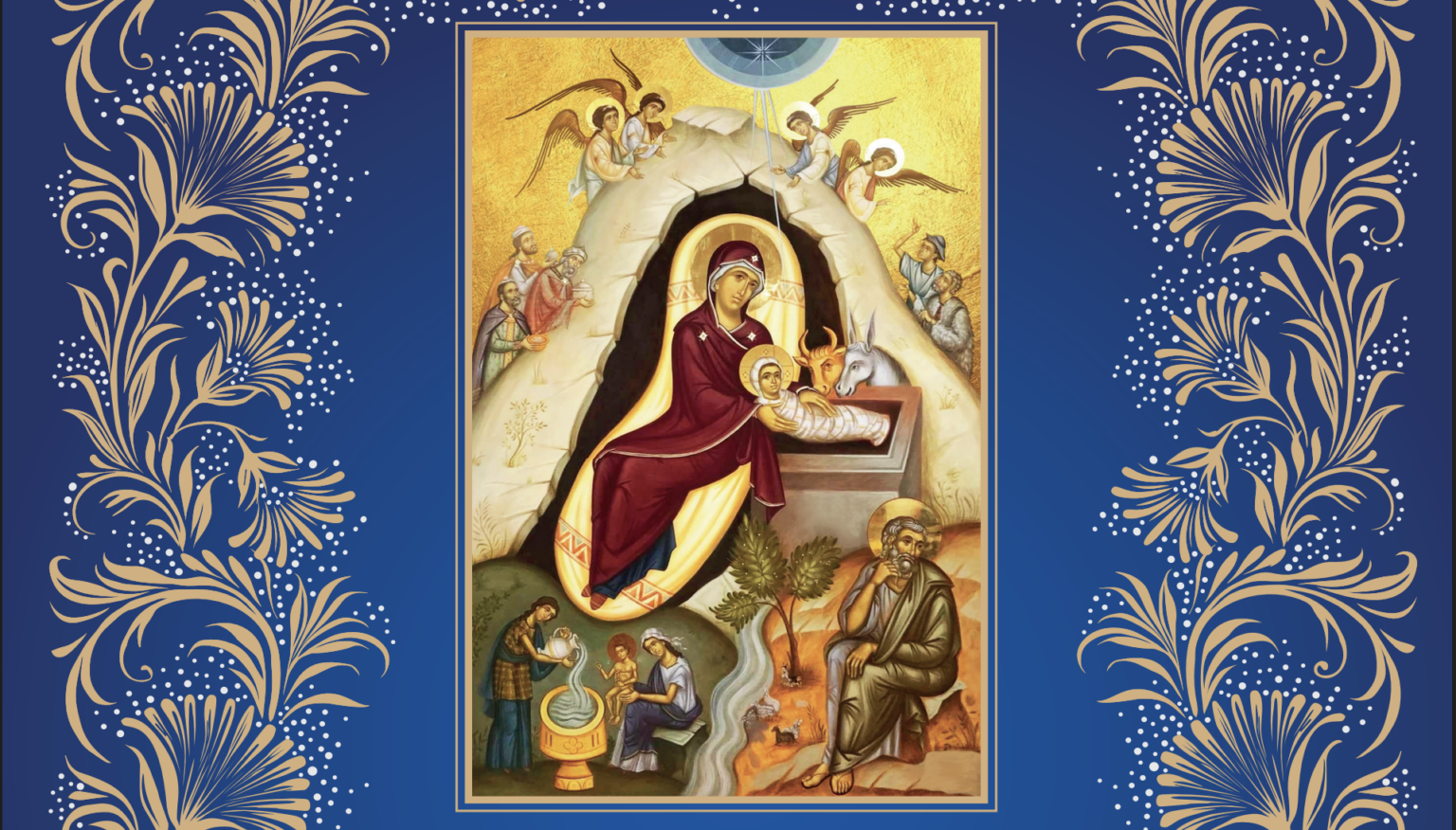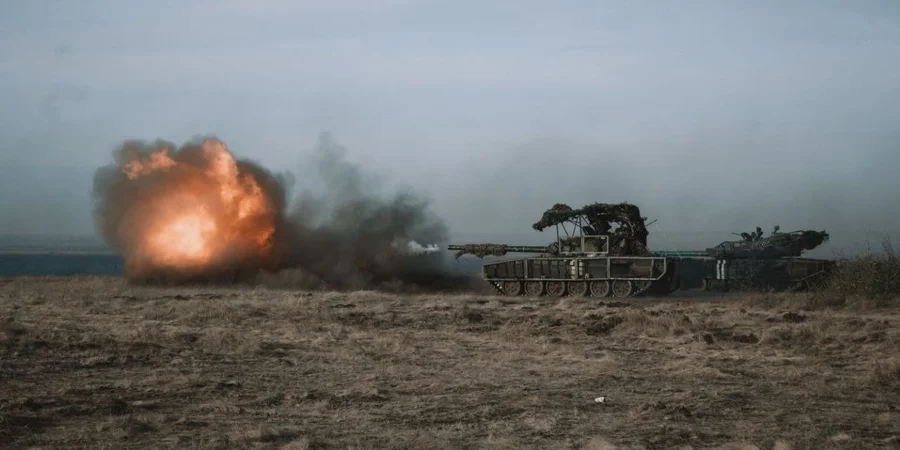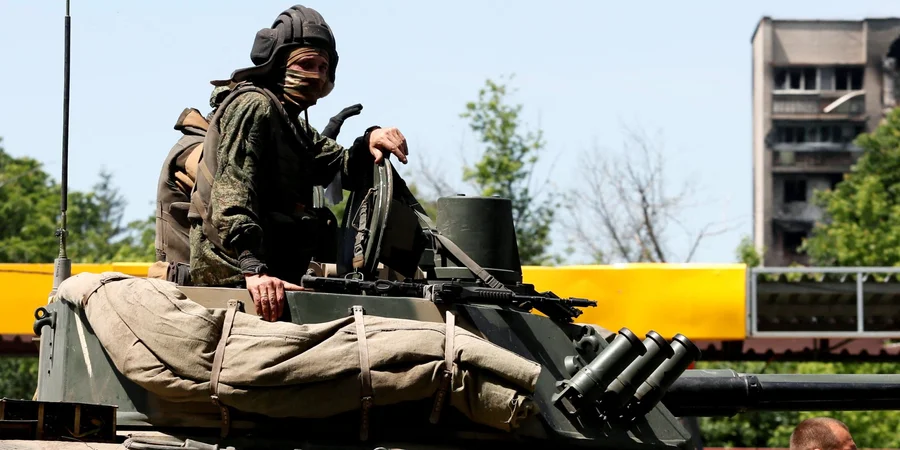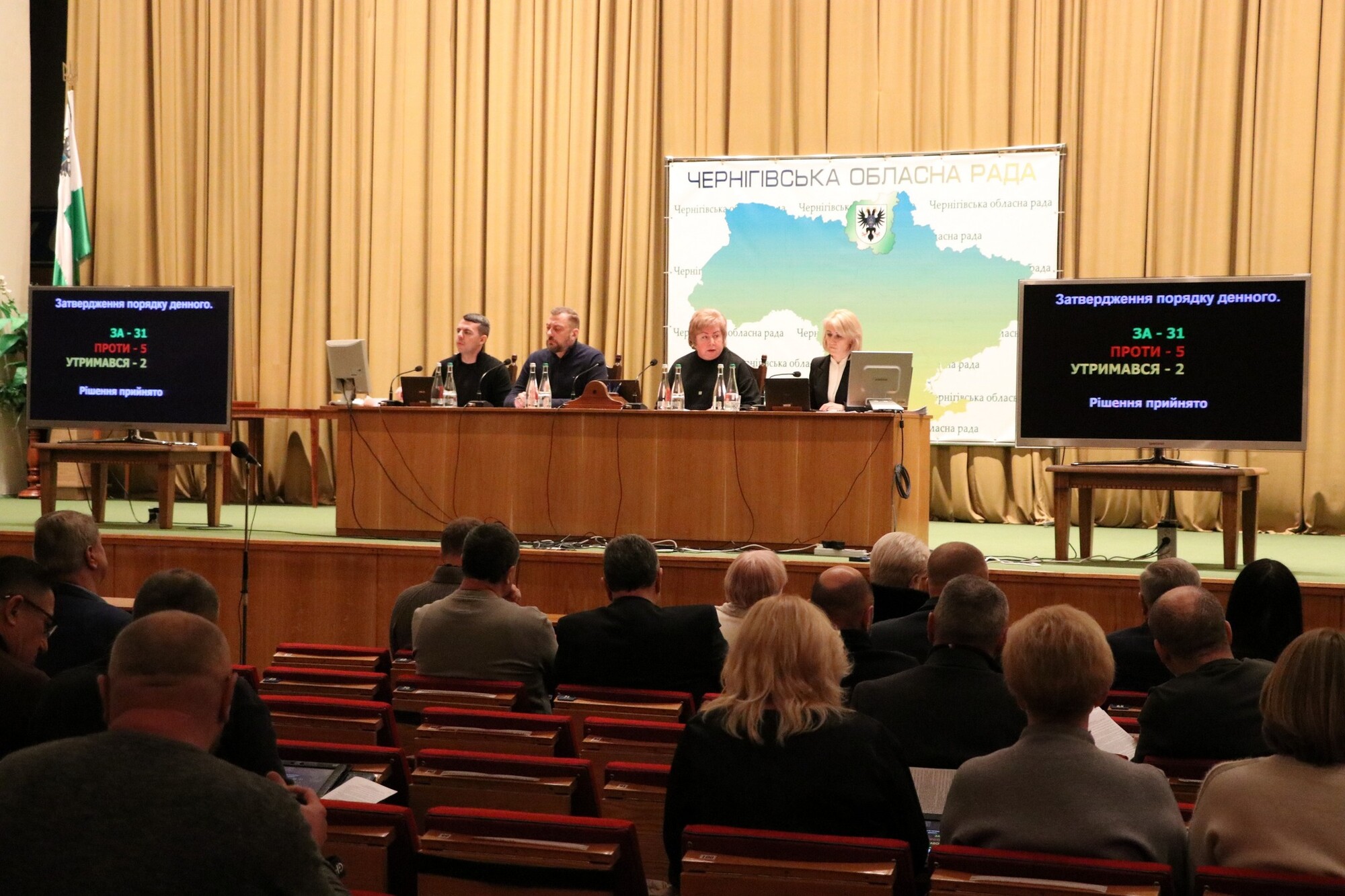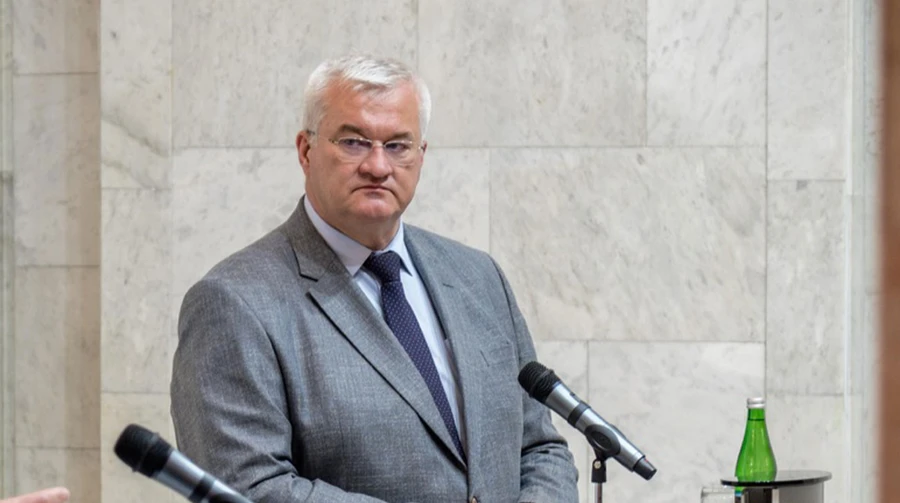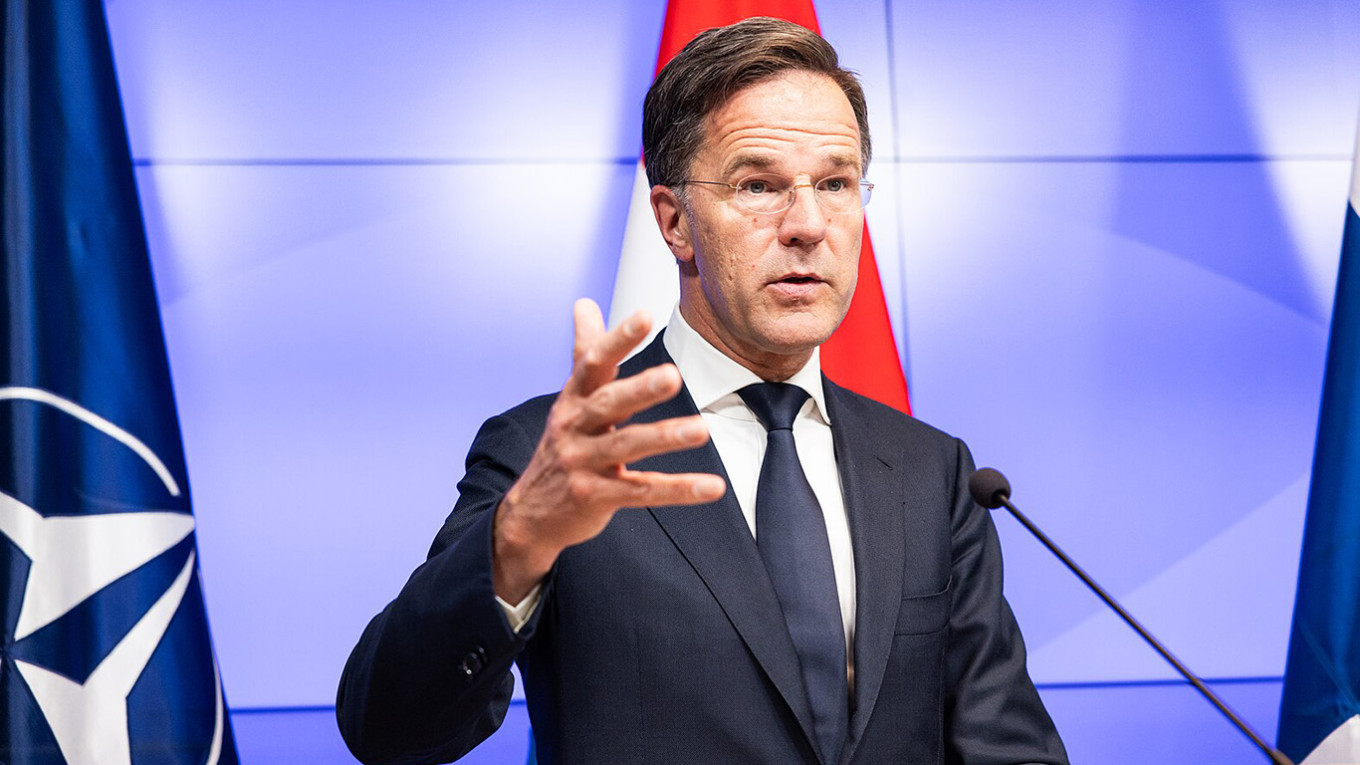EUROMAIDAN. Ukrainian Regional State Administration occupations
Ukrainian Regional State Administration (RSA) occupations that started on 23 January 2014 are an ongoing part of the Euromaidan anti-government protest movement.
Since 23 January several Western Ukrainian Oblast (province) Governor buildings and regional councils have been occupied by Euromaidan activists. Several RSA of the occupied oblasts then decided to ban the activities and symbols of the Communist Party of Ukraine and Party of Regions in their oblast.
Following a standoff between protesters and government forces in Kiev on 23 January, tensions flared as anti-government forces mobilized and overtook the Regional State Administration (RSA) of a number of western Ukrainian cities, with some forcing local governors to file letters of resignation. By the afternoon, the administrations of Lviv, Rivne and Ternopil, and Khmelnytskyi were also in the hands of thousands of revolutionary protesters.
In Lviv, the 2,000 stormed the regional state administration building shouting "Revolution!"; Oleh Salo, governor and presidential appointee, signed a letter of resignation as a result of the takeover. The mayor of Lviv, in response, declared that none of the Black Thursday laws would ever apply on the territory of Lviv.
Ternopil city council denounced the Black Thursday laws and demanded they be repealed. Activists in Khmelnytskyi erected barricades around the regional administration, surrounding the building. As a result, Khmelnytskyi local parliament demanded snap elections, the dissolution of the Berkut, and their joining of the People's Rada along with opposition groups in Kiev.
Also occupied was Cherkasy, where 20,000 would overtake the administration, but later lose ground to police. By the end of the 23rd, Lviv, Ternopil, Rivne, and Khmelnytskyi remained in control of anti-government forces. Blockades of local administrations that were not physically overtaken occurred in Sumy, Ivano-Frankivsk,Vinnytsia, Poltava, and Zhytomyr.
Prime Minister Azarov has called the occupying force not a part of the political opposition, but rather a rebellion, and president Yanukovych condemned the takeover of public buildings. Counter to the anti-government sentiment, the administration of Crimea announced that it would not respect any outcome from the Euromaidan protests or possible revolution, including if snap elections occurred.
The following day, 24 January, Ivano-Frankivsk was overtaken in its second day of pressure while its governor escaped; meanwhile in Lutsk, 5,000 surrounded the administration building and Volyn Oblast governor Borys Klimchuk resigned, and later, the councilor Volodymyr Voitovych pleaded before the people on his knees before himself resigning as well.
The administration of Chernivtsi was stormed and occupied, after which governor Mykhailo Papiev resigned. Lutsk and Uzhhorod's administrations were blockaded, in addition to standing blockades in Poltava, Vinnytsia, and Zhytomyr.
The governor of Uzhhorod's ranch burned down, and protesters dispersed for the evening with intent to reconvene the next day. In responsive measures, Dnipropetrovsk, Mykolayiv, and Zhytomyr were fortified by police. By 11 p.m., the regional state administration of Sumy was breached and occupied, but officials refused to capitulate.
On 25 January, protesters first seized the RSA of Vinnytsia; 7 police were injured in the assault which drew over 1,000 supporters, but the remainder of police stood down peacefully to the cheers of protesters; governor Ivan Movchan not resigned.
Protesters managed to occupy the RSA building in Chernihiv, demanding the resignation of the governor. Later that day, protesters occupied the chamber of the RSA in Poltava as 2,000 protesters overwhelmed 400 police, forming an impromptu parliament named Nationalna Rada.
Uzhhorod was blockaded by protesters, which was split between pro-government and anti-government factions. In Sumy, over 5,000 protested in front of but did not attempt to take the RSA building. 150 Kherson Residents block local regional state administration.
Also on 25 January regional lawmakers in Lviv voted to establish a parallel government.
On 26 January a notable shift occured in the country's east, with BBC News suggesting "unrest is spreading further into the country's east, which has traditionally had closer ties with Russia and is President Viktor Yanukovych's support base".
Protesters in Zaporizhia threatened to seize the RSA, demanding the resignation of the governor. Governor Plushenko said he would die for the Party of Regions, and that the protesters were "cowards and traitors". By 2 p.m., the crowd grew to 10,000 and attempted to storm the RSA against hundreds of police guarding the entrance; at least 5 protesters were injured as police violently dispersed the crowd using rubber bullets and batons, with the help of plain-clothed titushky wearing white armbands; over 200 were arrested.
Up to 2,000 marched on the RSA in Odessa, but were repelled by pro-government supporters and municipal barricades. In Sumy, protesters occupied the city's council building with a Batkivshchyna MP taking leadership; elsewhere, a crackdown by police occured on protesters in the city.
The first floor of the Sumy RSA was occupied but police held the remainder in the standoff; the exter Activists in Chernihiv set up a barricade, fortifying the regional administration building. 500 protesters picketed the entrance to the Mykolayiv RSA; there was suspicion that titushky enforcements were stationed inside.
50 members of the right-wing group Right Sector attempted to seize the building, but were dissuaded by the peaceful protesters. 3,000 attempted to capture the RSA in Dnipropetrovsk and were met by over 200 police; 37 were arrested.
The conflict led to instances of rioting, Titushky violently beat protesters, whom they hunted down in the streets; they also wore identifiable yellow arm bands. Dnipropetrovsk Governor Kolesnikov called the protesters 'extreme radical thugs from other regions'.
There were also mass demonstrations in Kirovohrad but the RSA was guarded by a heavy police presense; the leaders of the local UDAR and Svoboda parties were raided and arrested in their homes. In Kremenchuk (Poltava Oblast), protesters attempted to seize the city council. Some 2,000 people gathered for a people's assembly in Cherkasy, south-east of Kiev, said Unian. The crowd of over 1,000 voted for the creation of a People's Rada and gave the local governor 24 hours to resign from his post. On the early morning past midnight of the 27th, 12 were arrested for blocking the RSA. 1,000 protesters in Kiev advanced on the RSA in the capital, forming nearby but not assaulting the building. Zhytomir remained in a standoff.
Another attempt is made on Dnipropetrovsk early 27 January, but is repelled. Police announced on the 27th plans to re-take Chernihiv's regional administration. Uzhhorod remained in a standoff, but not blocked due to the police presence.
Banning of Party of Regions and the Communist party
The days after the anti-government forces had overtook their Regional State Administration (RSA) the regional councils of Ternopil and Ivano-Frankivsk, Chernivtsi and Poltava Oblast all decided to ban the activities and symbols of the Communist Party of Ukraine and Party of Regions in their Oblast (province).
Since 23 January several Western Ukrainian Oblast (province) Governor buildings and regional councils have been occupied by Euromaidan activists. Several RSA of the occupied oblasts then decided to ban the activities and symbols of the Communist Party of Ukraine and Party of Regions in their oblast.
Following a standoff between protesters and government forces in Kiev on 23 January, tensions flared as anti-government forces mobilized and overtook the Regional State Administration (RSA) of a number of western Ukrainian cities, with some forcing local governors to file letters of resignation. By the afternoon, the administrations of Lviv, Rivne and Ternopil, and Khmelnytskyi were also in the hands of thousands of revolutionary protesters.
In Lviv, the 2,000 stormed the regional state administration building shouting "Revolution!"; Oleh Salo, governor and presidential appointee, signed a letter of resignation as a result of the takeover. The mayor of Lviv, in response, declared that none of the Black Thursday laws would ever apply on the territory of Lviv.
Ternopil city council denounced the Black Thursday laws and demanded they be repealed. Activists in Khmelnytskyi erected barricades around the regional administration, surrounding the building. As a result, Khmelnytskyi local parliament demanded snap elections, the dissolution of the Berkut, and their joining of the People's Rada along with opposition groups in Kiev.
Also occupied was Cherkasy, where 20,000 would overtake the administration, but later lose ground to police. By the end of the 23rd, Lviv, Ternopil, Rivne, and Khmelnytskyi remained in control of anti-government forces. Blockades of local administrations that were not physically overtaken occurred in Sumy, Ivano-Frankivsk,Vinnytsia, Poltava, and Zhytomyr.
Prime Minister Azarov has called the occupying force not a part of the political opposition, but rather a rebellion, and president Yanukovych condemned the takeover of public buildings. Counter to the anti-government sentiment, the administration of Crimea announced that it would not respect any outcome from the Euromaidan protests or possible revolution, including if snap elections occurred.
The following day, 24 January, Ivano-Frankivsk was overtaken in its second day of pressure while its governor escaped; meanwhile in Lutsk, 5,000 surrounded the administration building and Volyn Oblast governor Borys Klimchuk resigned, and later, the councilor Volodymyr Voitovych pleaded before the people on his knees before himself resigning as well.
The administration of Chernivtsi was stormed and occupied, after which governor Mykhailo Papiev resigned. Lutsk and Uzhhorod's administrations were blockaded, in addition to standing blockades in Poltava, Vinnytsia, and Zhytomyr.
The governor of Uzhhorod's ranch burned down, and protesters dispersed for the evening with intent to reconvene the next day. In responsive measures, Dnipropetrovsk, Mykolayiv, and Zhytomyr were fortified by police. By 11 p.m., the regional state administration of Sumy was breached and occupied, but officials refused to capitulate.
On 25 January, protesters first seized the RSA of Vinnytsia; 7 police were injured in the assault which drew over 1,000 supporters, but the remainder of police stood down peacefully to the cheers of protesters; governor Ivan Movchan not resigned.
Protesters managed to occupy the RSA building in Chernihiv, demanding the resignation of the governor. Later that day, protesters occupied the chamber of the RSA in Poltava as 2,000 protesters overwhelmed 400 police, forming an impromptu parliament named Nationalna Rada.
Uzhhorod was blockaded by protesters, which was split between pro-government and anti-government factions. In Sumy, over 5,000 protested in front of but did not attempt to take the RSA building. 150 Kherson Residents block local regional state administration.
Also on 25 January regional lawmakers in Lviv voted to establish a parallel government.
On 26 January a notable shift occured in the country's east, with BBC News suggesting "unrest is spreading further into the country's east, which has traditionally had closer ties with Russia and is President Viktor Yanukovych's support base".
Protesters in Zaporizhia threatened to seize the RSA, demanding the resignation of the governor. Governor Plushenko said he would die for the Party of Regions, and that the protesters were "cowards and traitors". By 2 p.m., the crowd grew to 10,000 and attempted to storm the RSA against hundreds of police guarding the entrance; at least 5 protesters were injured as police violently dispersed the crowd using rubber bullets and batons, with the help of plain-clothed titushky wearing white armbands; over 200 were arrested.
Up to 2,000 marched on the RSA in Odessa, but were repelled by pro-government supporters and municipal barricades. In Sumy, protesters occupied the city's council building with a Batkivshchyna MP taking leadership; elsewhere, a crackdown by police occured on protesters in the city.
The first floor of the Sumy RSA was occupied but police held the remainder in the standoff; the exter Activists in Chernihiv set up a barricade, fortifying the regional administration building. 500 protesters picketed the entrance to the Mykolayiv RSA; there was suspicion that titushky enforcements were stationed inside.
50 members of the right-wing group Right Sector attempted to seize the building, but were dissuaded by the peaceful protesters. 3,000 attempted to capture the RSA in Dnipropetrovsk and were met by over 200 police; 37 were arrested.
The conflict led to instances of rioting, Titushky violently beat protesters, whom they hunted down in the streets; they also wore identifiable yellow arm bands. Dnipropetrovsk Governor Kolesnikov called the protesters 'extreme radical thugs from other regions'.
There were also mass demonstrations in Kirovohrad but the RSA was guarded by a heavy police presense; the leaders of the local UDAR and Svoboda parties were raided and arrested in their homes. In Kremenchuk (Poltava Oblast), protesters attempted to seize the city council. Some 2,000 people gathered for a people's assembly in Cherkasy, south-east of Kiev, said Unian. The crowd of over 1,000 voted for the creation of a People's Rada and gave the local governor 24 hours to resign from his post. On the early morning past midnight of the 27th, 12 were arrested for blocking the RSA. 1,000 protesters in Kiev advanced on the RSA in the capital, forming nearby but not assaulting the building. Zhytomir remained in a standoff.
Another attempt is made on Dnipropetrovsk early 27 January, but is repelled. Police announced on the 27th plans to re-take Chernihiv's regional administration. Uzhhorod remained in a standoff, but not blocked due to the police presence.
Banning of Party of Regions and the Communist party
The days after the anti-government forces had overtook their Regional State Administration (RSA) the regional councils of Ternopil and Ivano-Frankivsk, Chernivtsi and Poltava Oblast all decided to ban the activities and symbols of the Communist Party of Ukraine and Party of Regions in their Oblast (province).
Wiki
|
Теґі:

